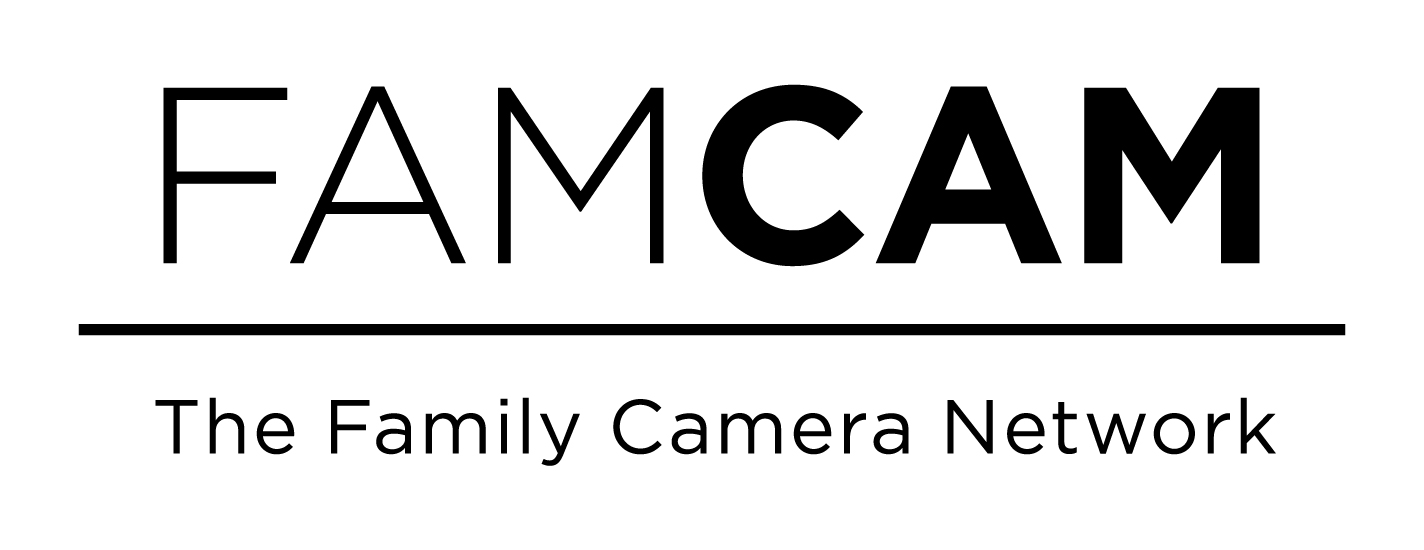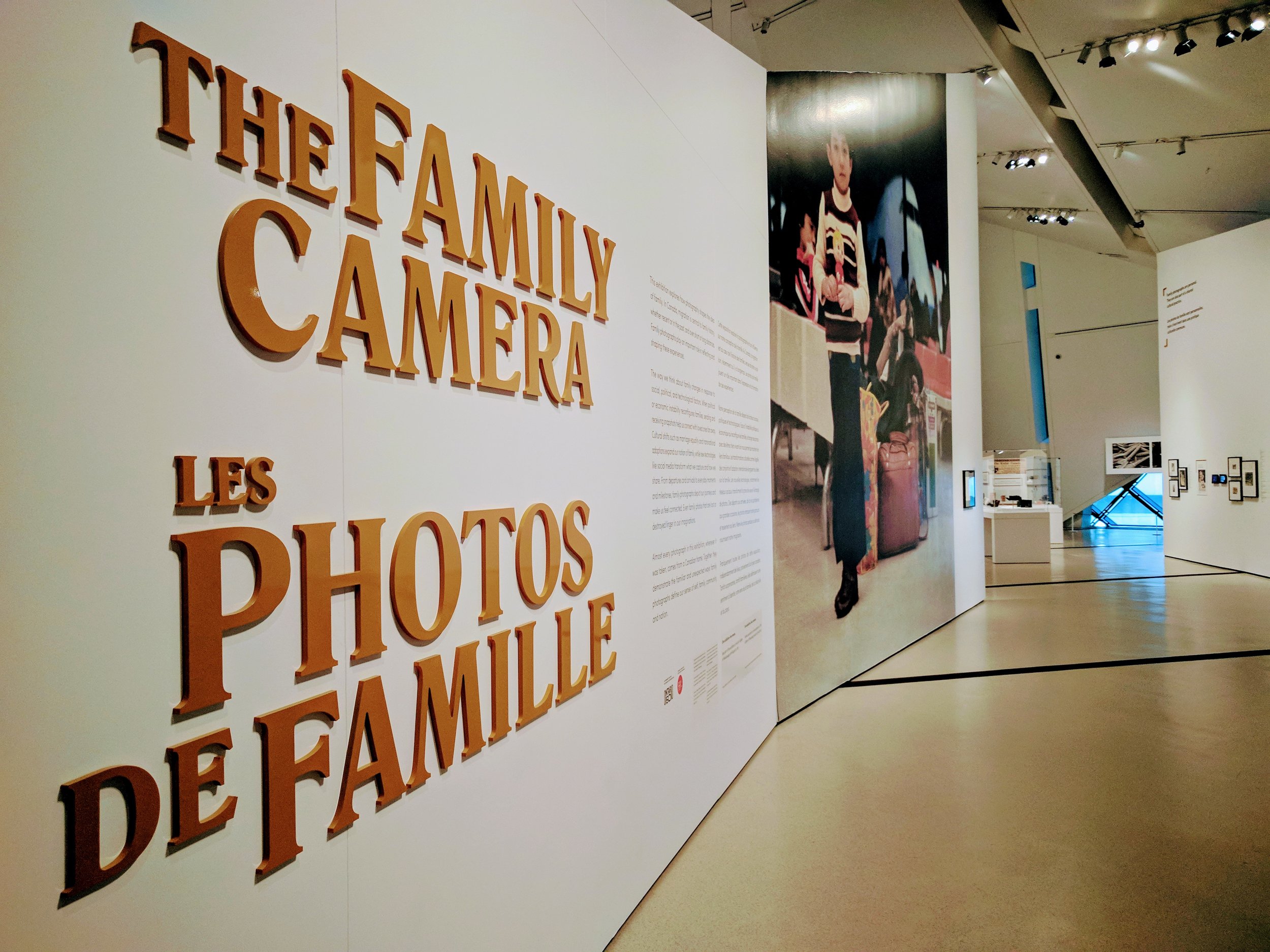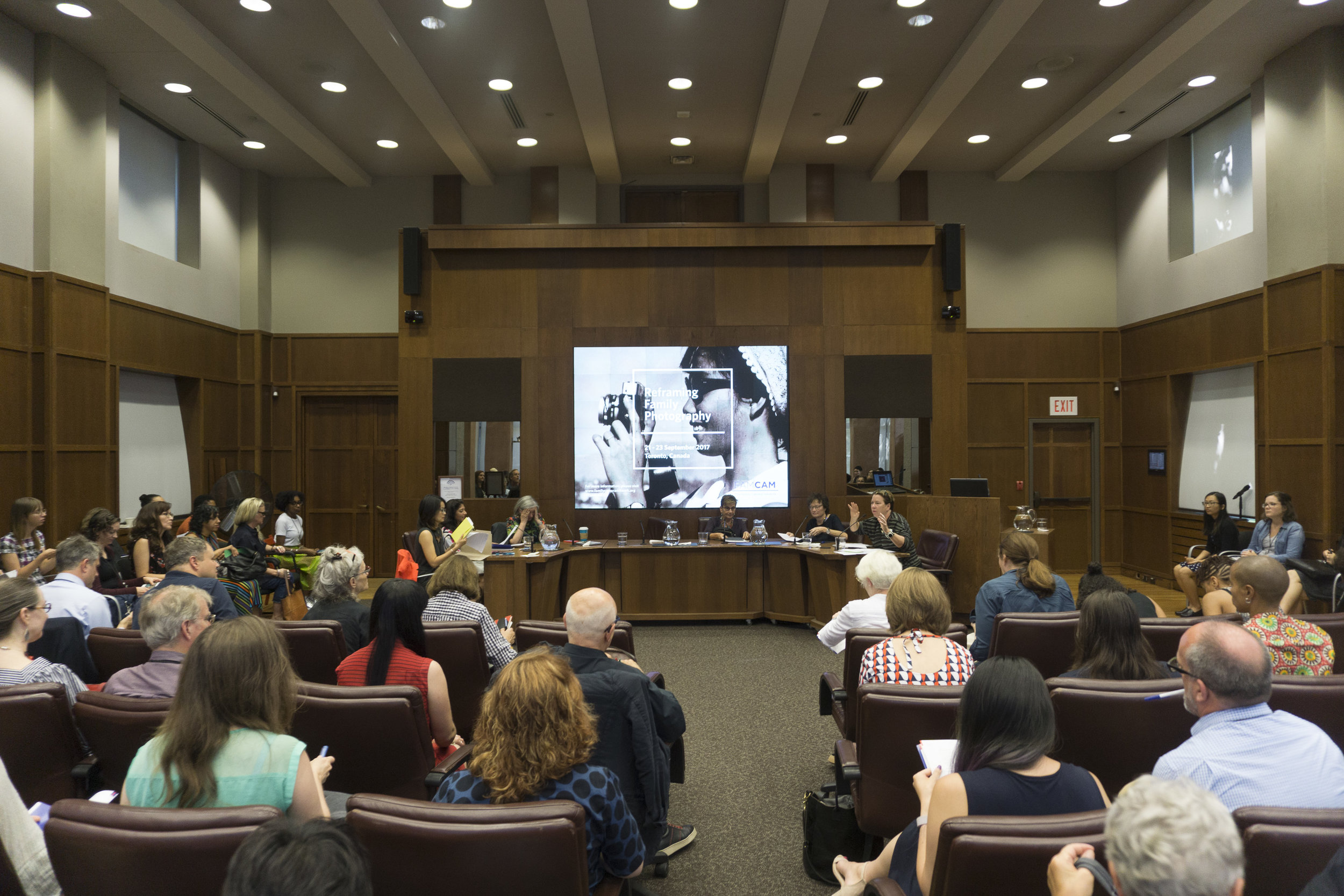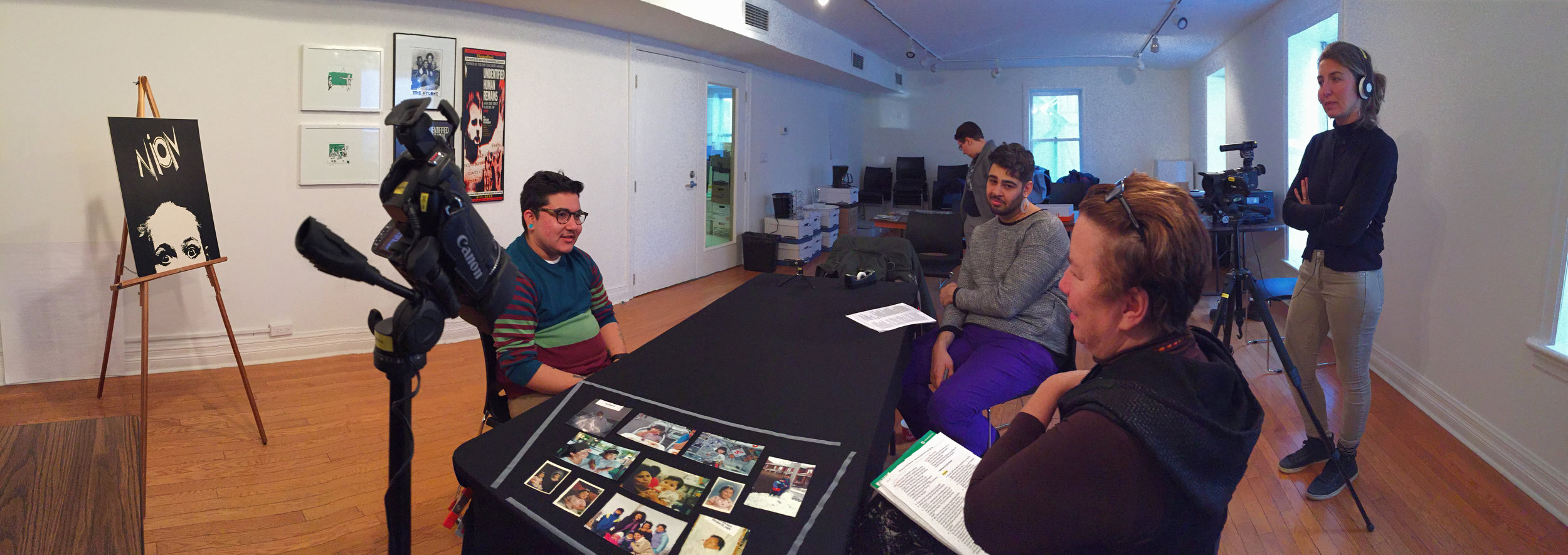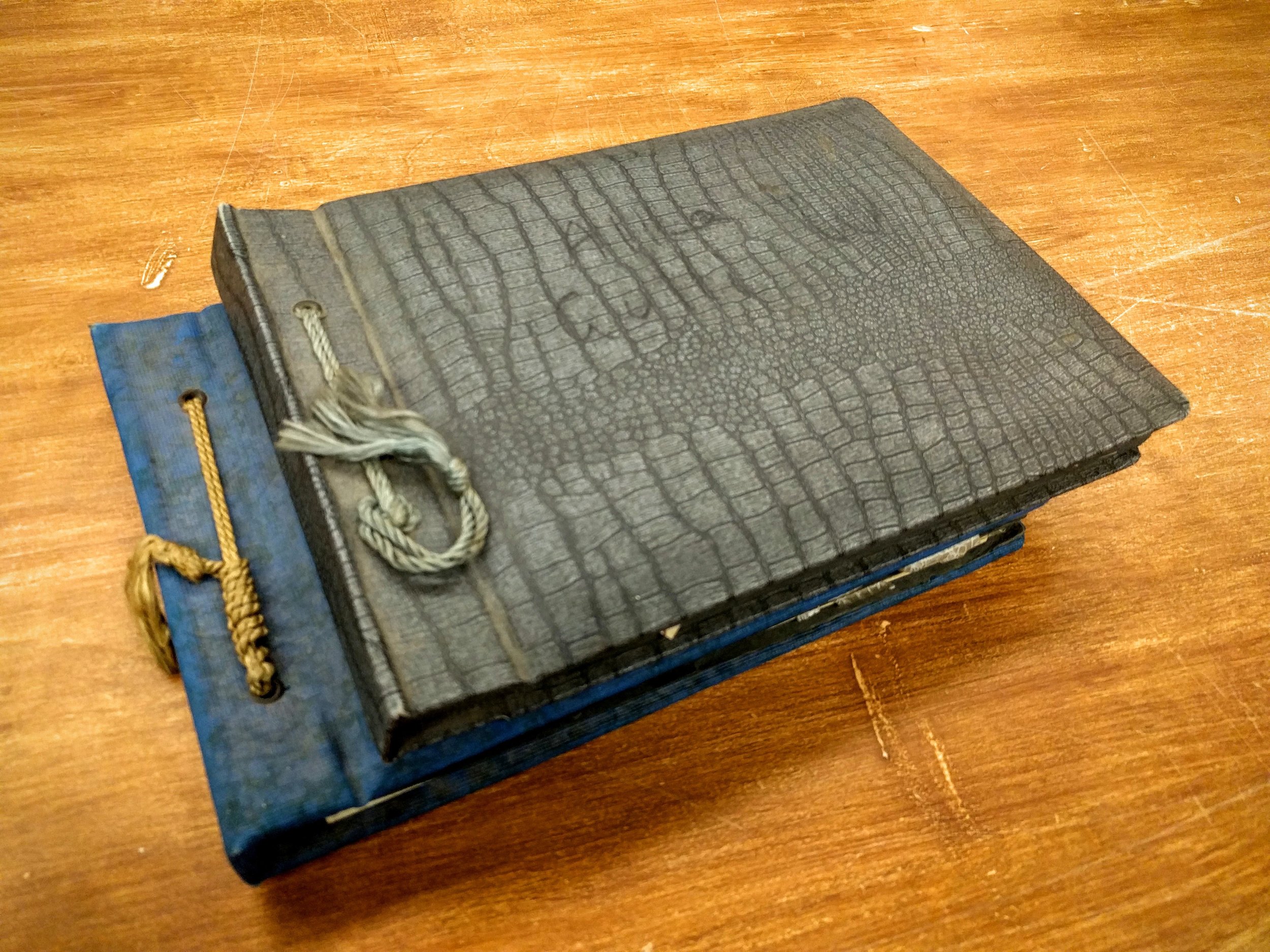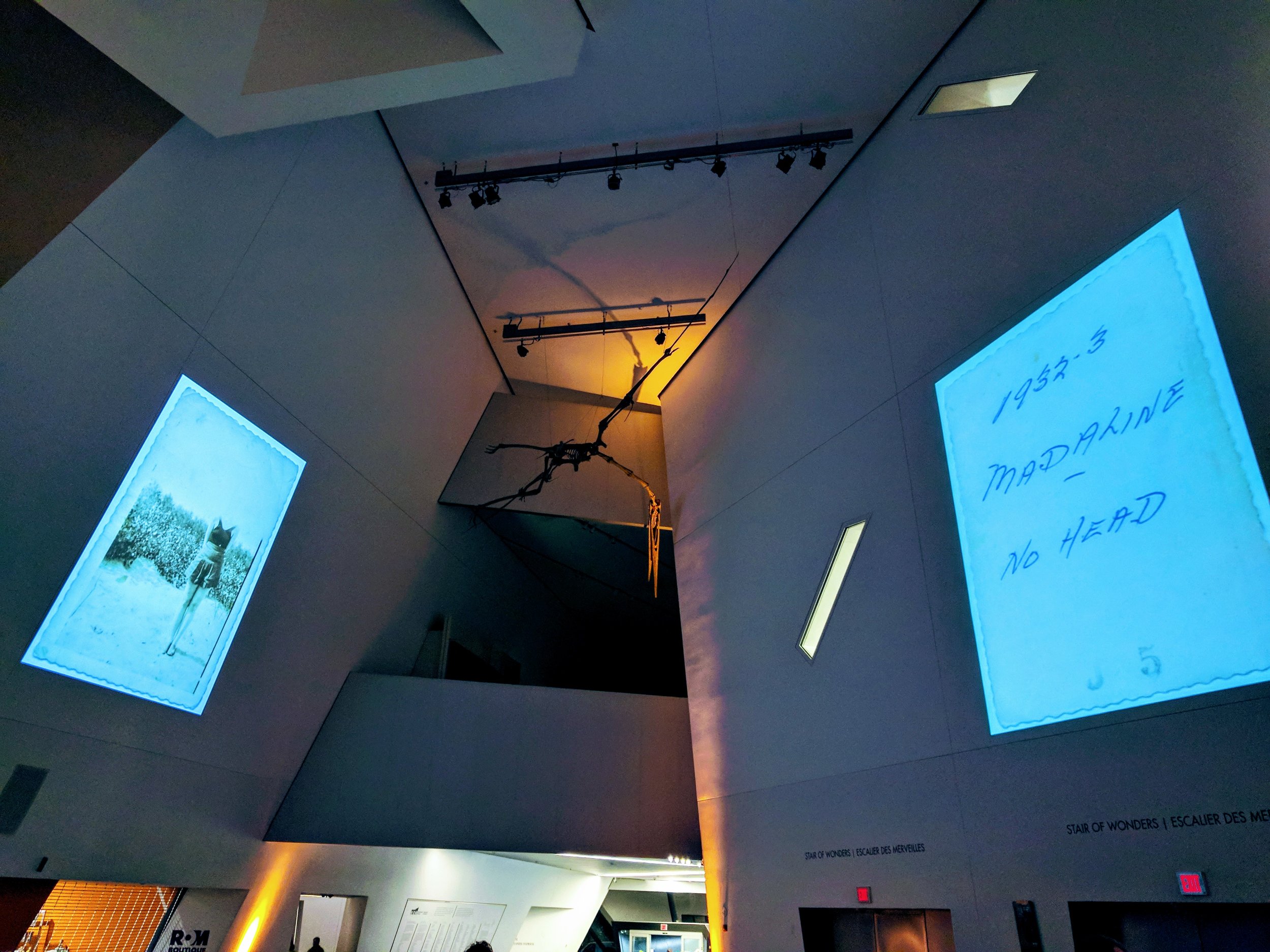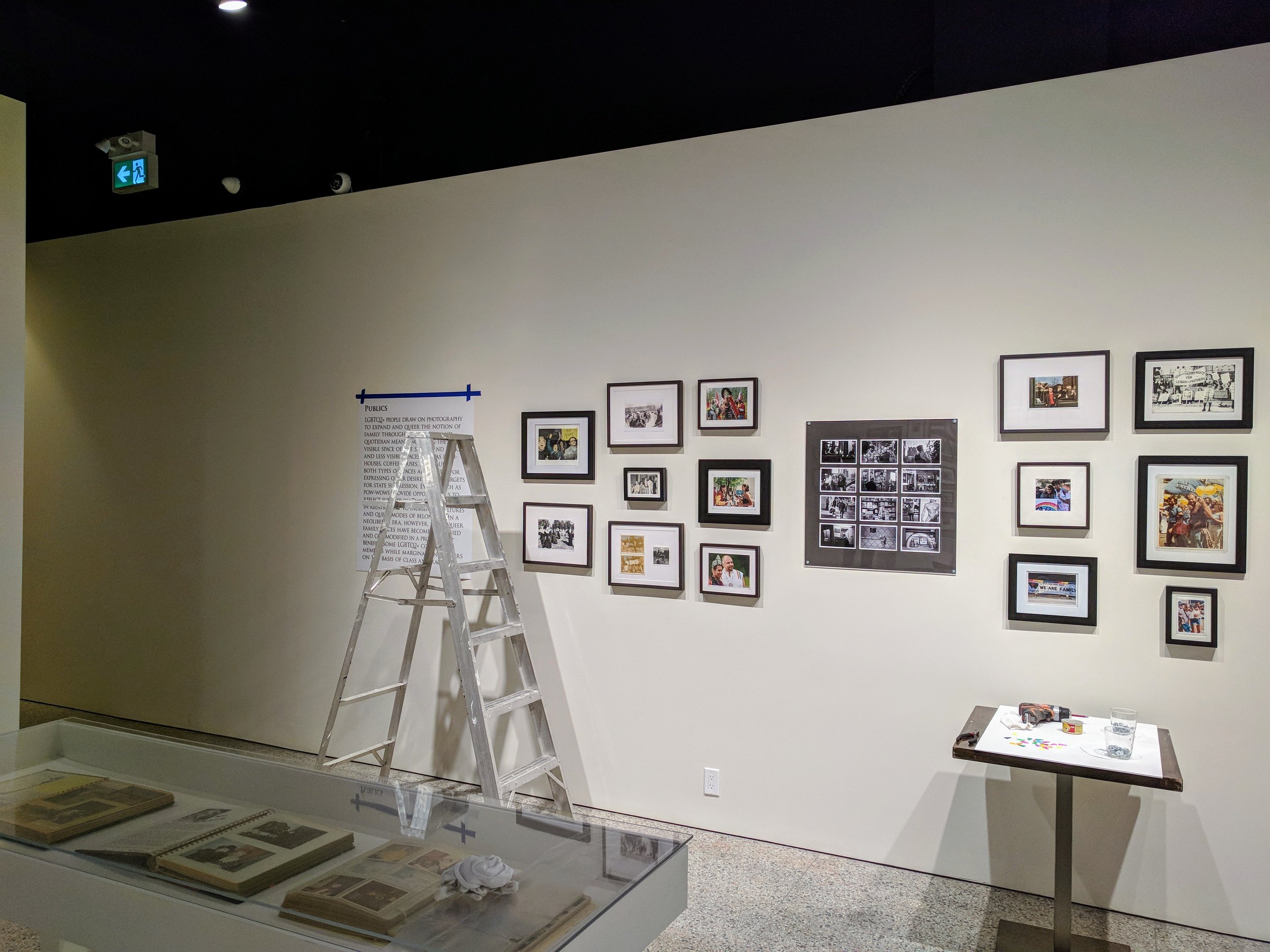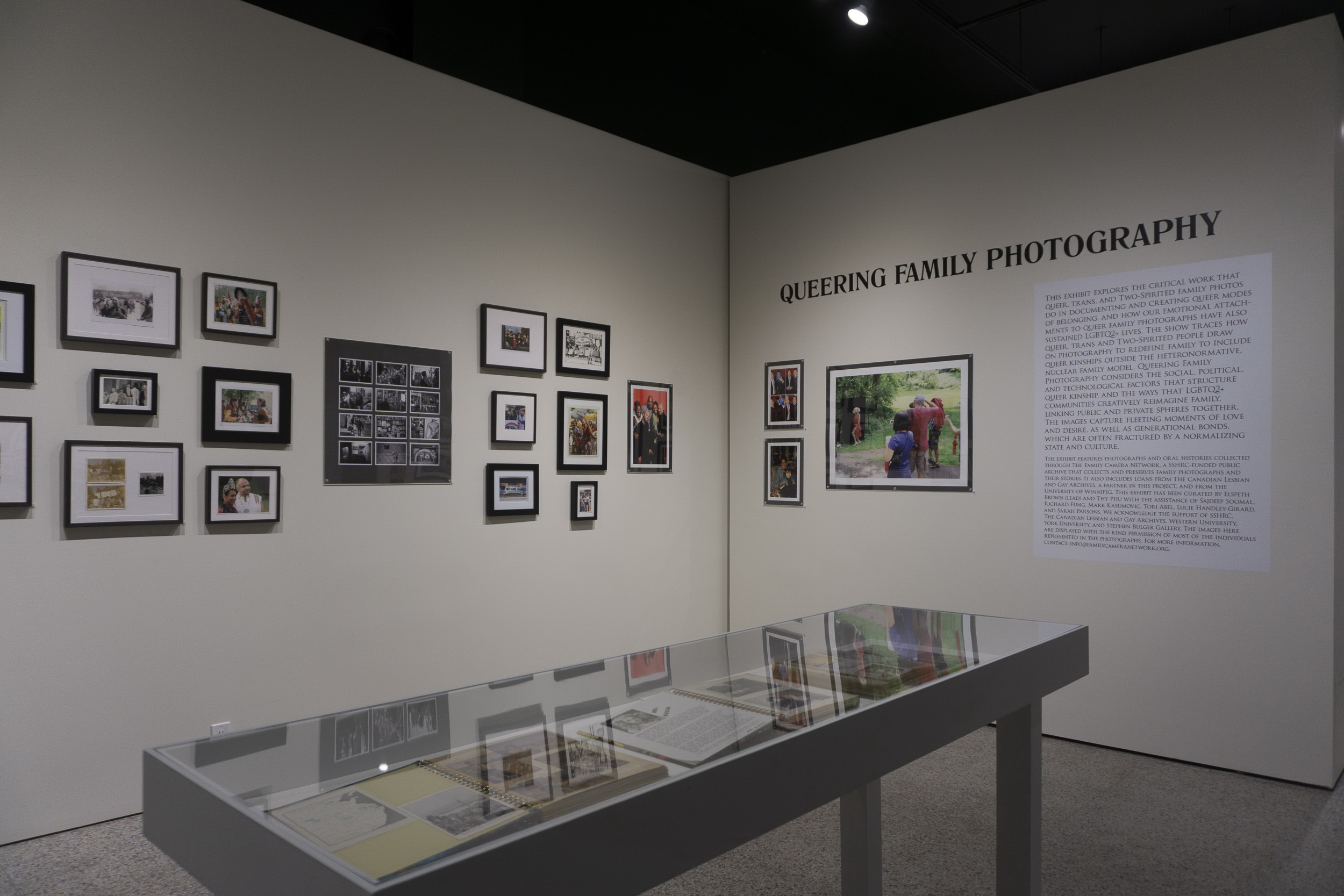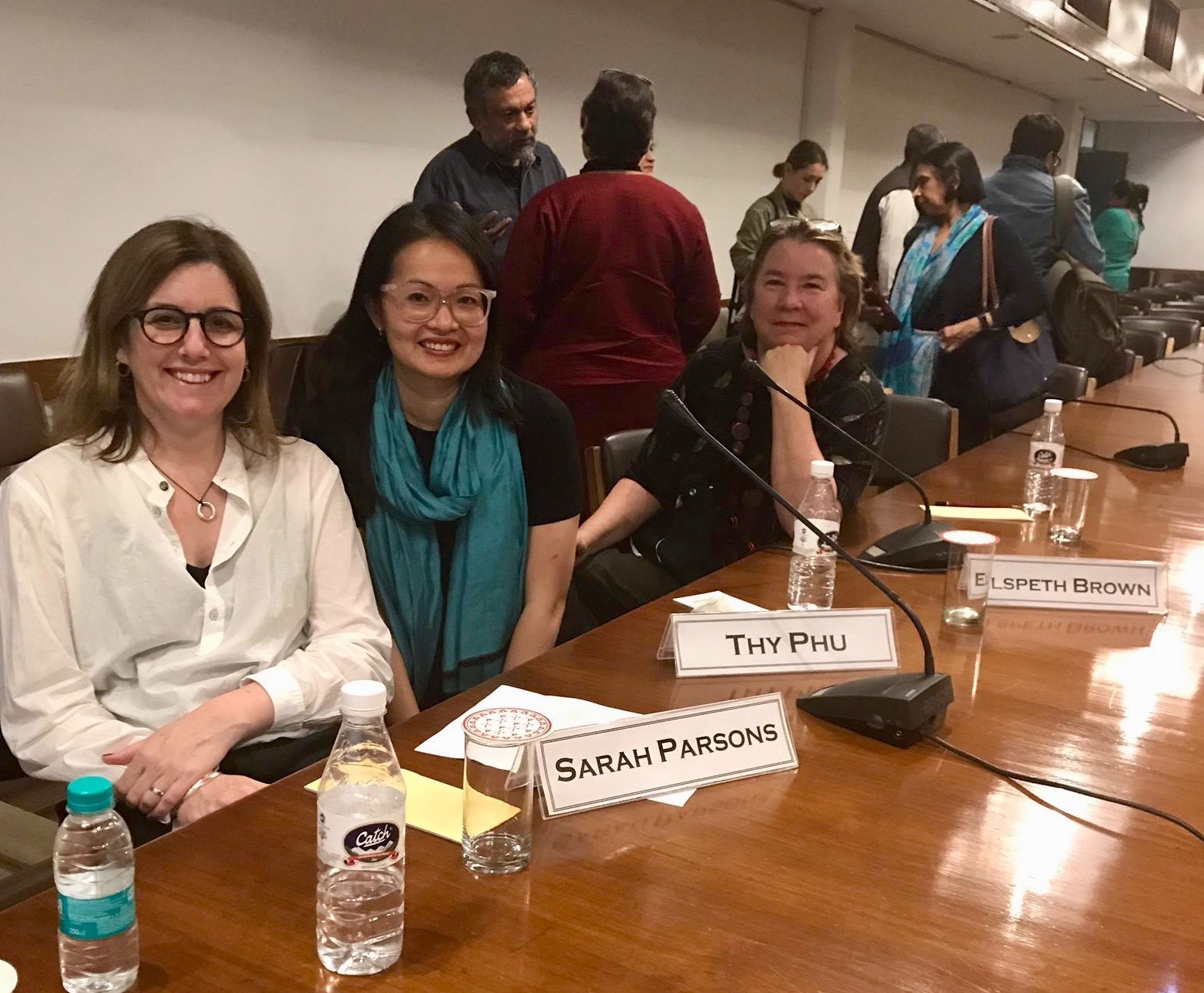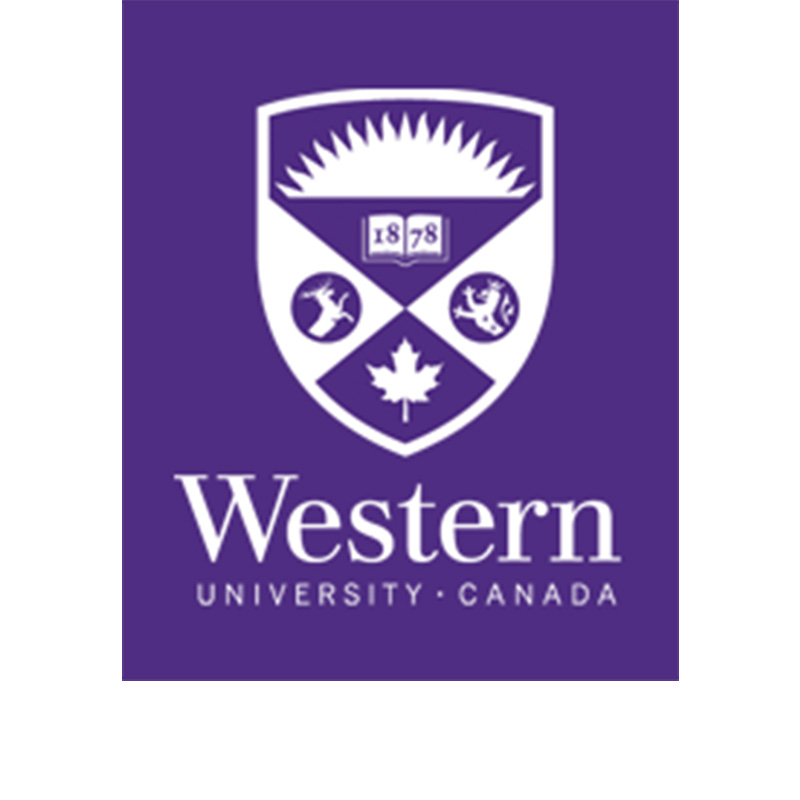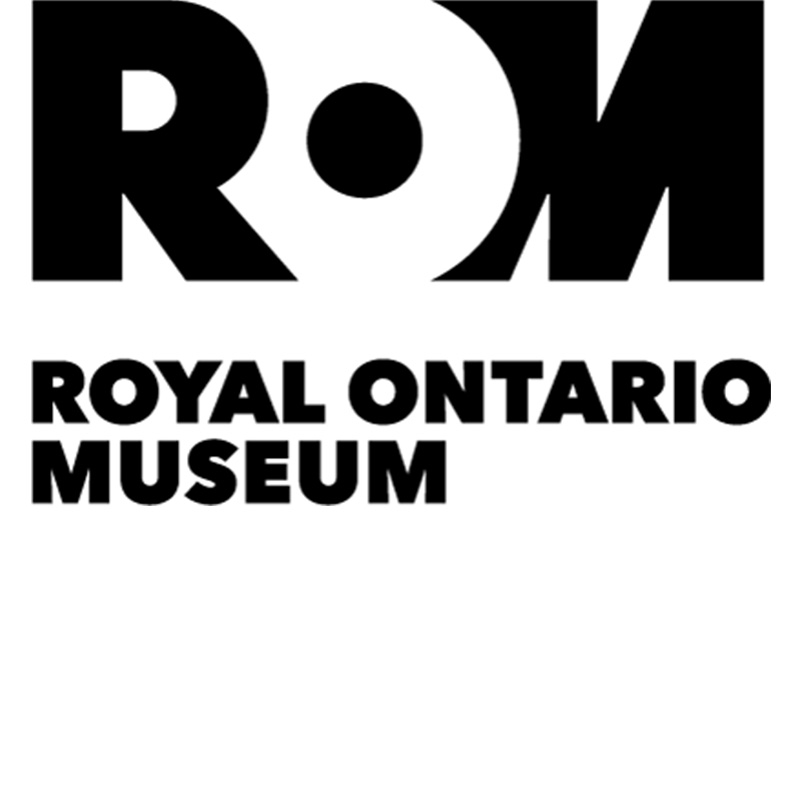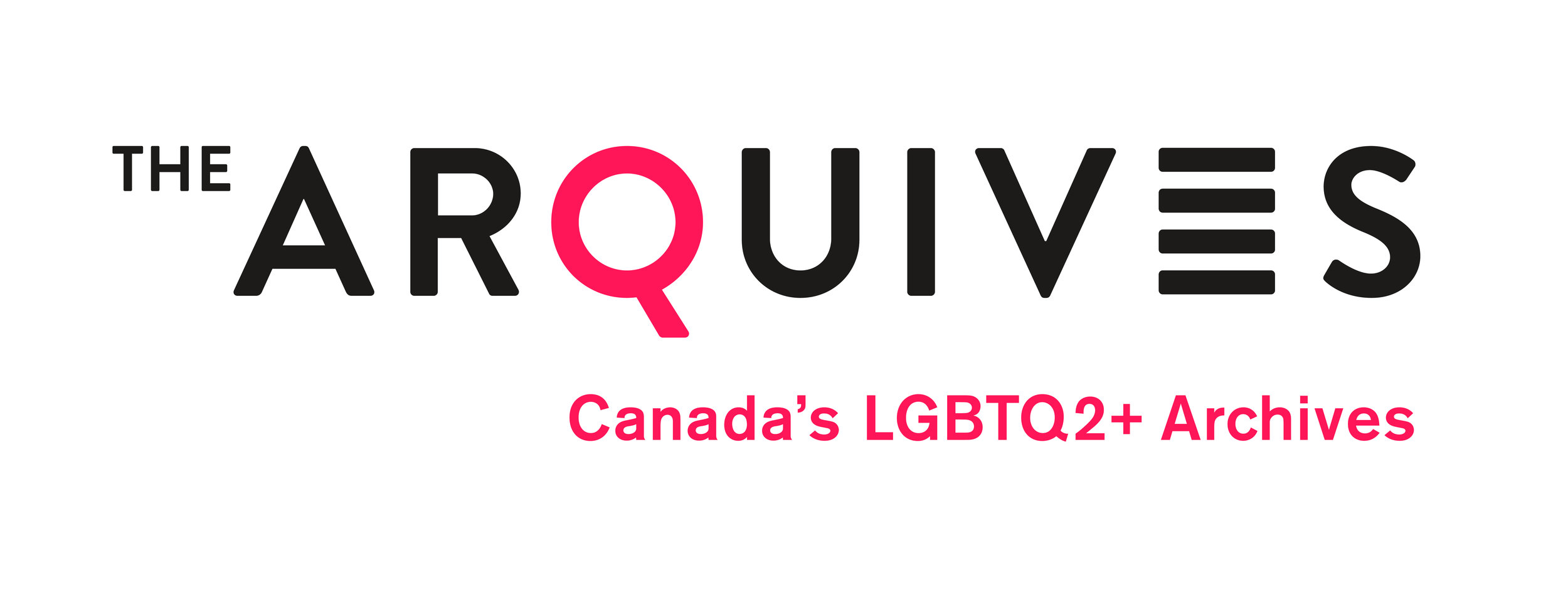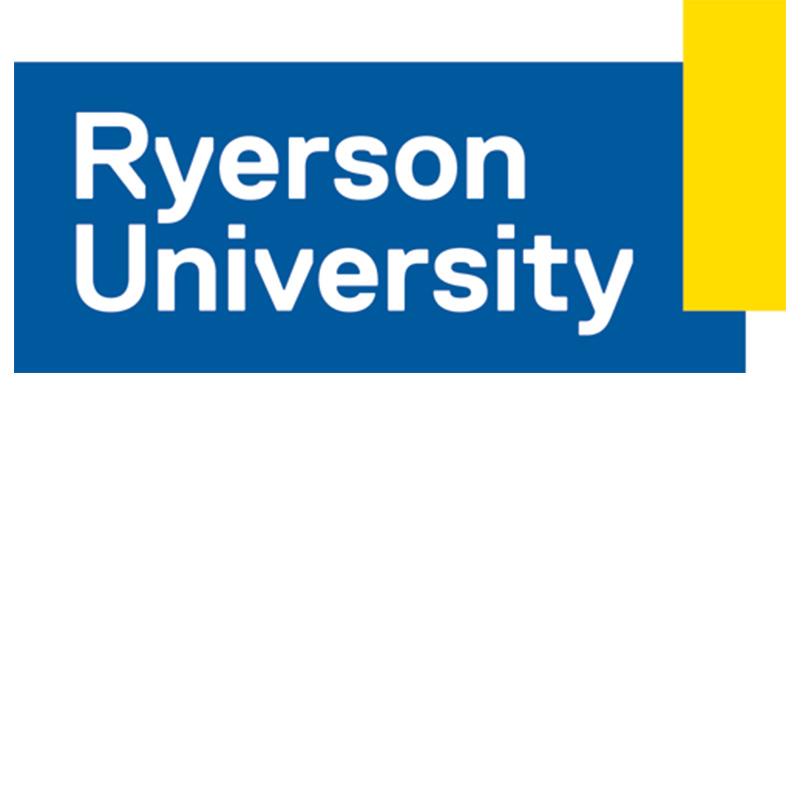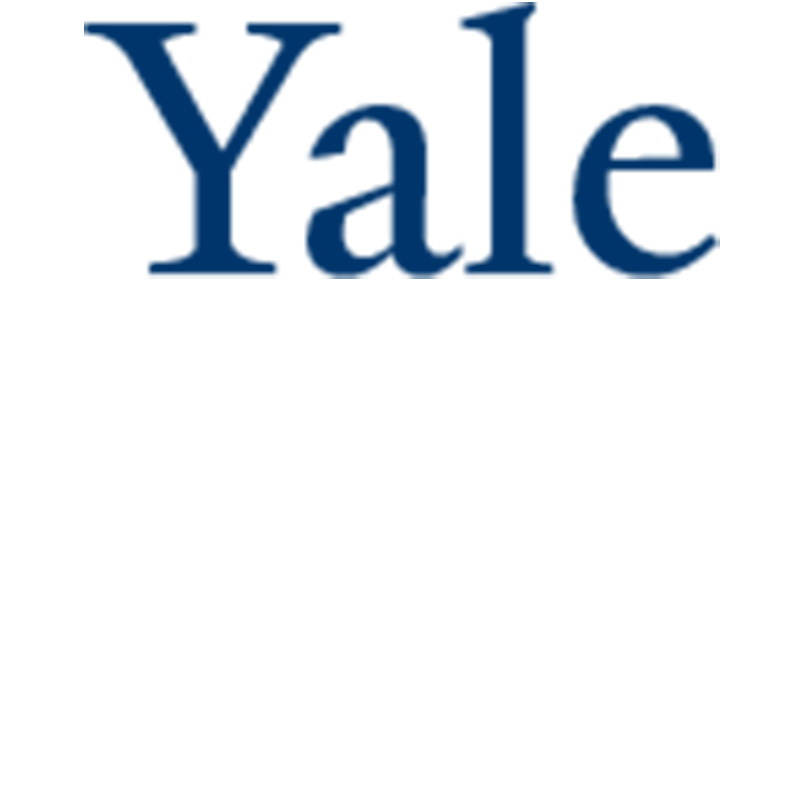THE FAMILY CAMERA NETWORK
Explore some of the materials collected through this project.
What are family photographs?
How do they shape our memories?
How do they mediate our experiences of migration?
What can they tell us about our national histories?
THE FAMILY CAMERA NETWORK (FamCam) is a collaborative project that explores the relationship between photography and the idea of family, whether of origin or of choice, as is the case with LGBTQ2+ communities. In Canada, approaches to family have expanded in response to cultural shifts including: same-sex marriage, transnational adoptions, dislocations to pursue economic opportunities or prompted by political instability, climate change, or war. Personal photographs document feelings about family, how family is defined, and connections to loved ones who may be separated due to dislocation.
From April 2016 to March 2019, The Family Camera Network established a public archive of family photographs and their stories at the Royal Ontario Museum and The ArQuives: Canada’s LGBTQ2+ Archives (formerly the Canadian Lesbian and Gay Archives). This archive focuses on migration in the near or distant past, and to and within Canada. It contains over 17,000 photographs, 60 albums, 37 home videos, and almost 800 other objects, as well as 42 oral history interviews. By preserving family photos and their stories, this public archive provides an important resource for teachers, historians, and scholars to write new histories of photography, family, and Canada.
This research is supported by the Social Sciences and Humanities Research Council of Canada.
